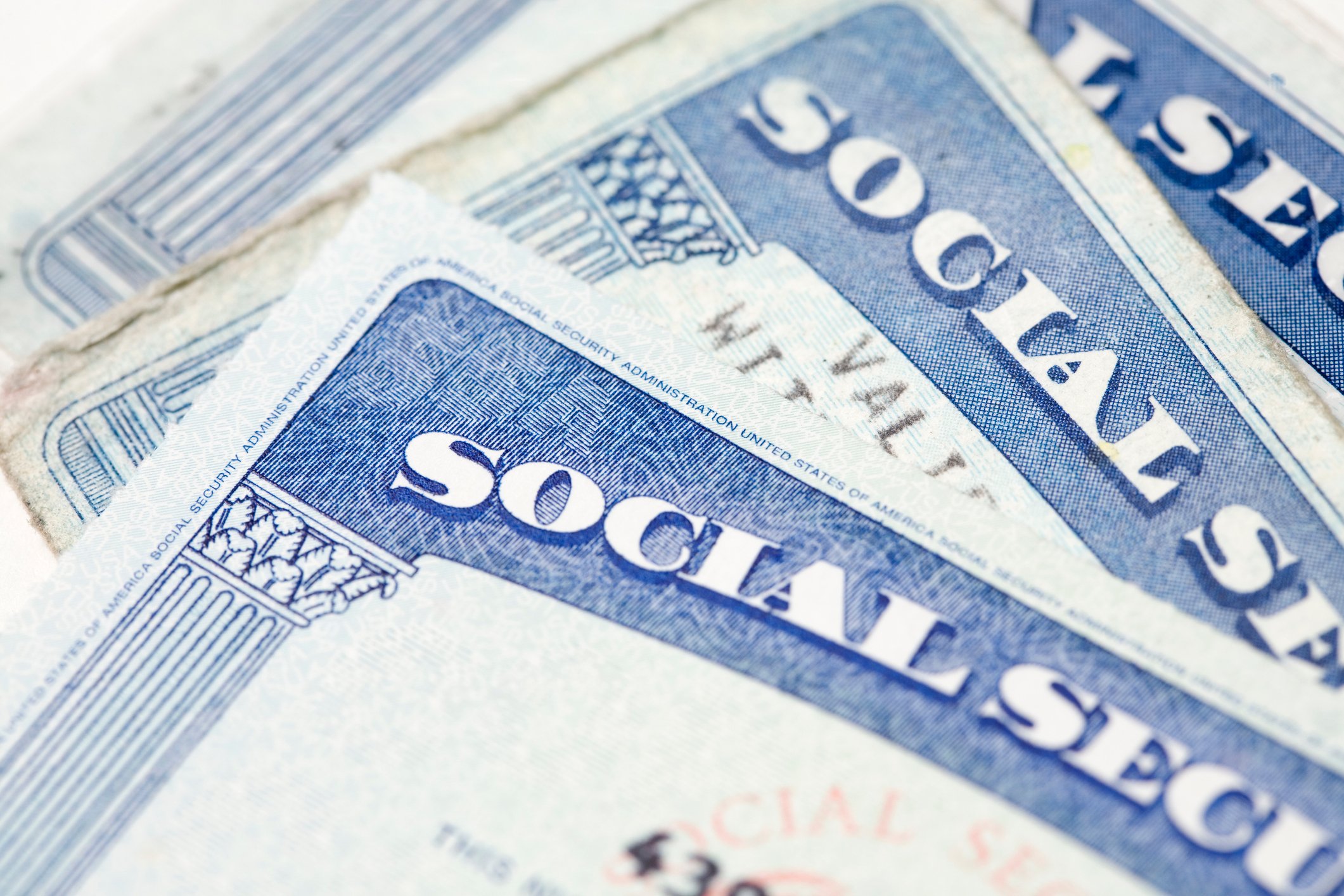The closer you get to retirement, the more excited you might feel thinking about a period of life when your days are yours to enjoy and you don't have to punch a clock or report to an office. But the last thing you want to do is let that excitement push you into retiring before you're ready, so make sure you're satisfied with the answer to these three questions before taking that plunge.
1. Do I know what my Social Security benefits will look like?
Your Social Security benefits are calculated based on your earnings during your 35 highest-paid years in the workforce. From there, you'll be entitled to your full monthly benefit if you file for it at full retirement age, which is either 66, 67, or somewhere in between, depending on when you were born. You can also file for Social Security early -- as early as age 62 -- but your benefits will be reduced for life for each month you claim them ahead of schedule. And on the flipside, you can delay benefits past full retirement age and boost them by 8% a year in the process, up until age 70.

IMAGE SOURCE: GETTY IMAGES.
With all of that in mind, you can get a good sense of what your monthly retirement benefit will look like by reviewing your latest Social Security earnings statement. That statement will tell you what benefit to expect at full retirement age, and the closer you are to retirement, the more accurate that estimate will be. If you're 60 or older, your earnings statement will arrive in the mail. Otherwise, you can access it by creating an account on the Social Security Administration's website.
2. Do I know how much monthly income my savings will provide?
Your retirement savings balance might seem impressive at first glance. But what does that figure mean in terms of usable income?
To figure that out, you'll need to establish a withdrawal rate you're comfortable with. Many financial experts advocate using 4% as a starting point, but you can adjust that figure based on your personal needs and circumstances. Assuming you go with 4%, if you're sitting on $900,000 in savings, that gives you $36,000 a year, or $3,000 a month. That, combined with your Social Security benefit, is the income you'll have to look forward to in retirement, assuming you don't have any additional sources, like a pension, a rental property, or a part-time job you plan to hold down.
3. Do I know what I'll do with my time?
Boredom is a major problem for retirees, and it's the reason why so many fall victim to depression. Before taking that leap, make sure you know what you'll do with your time once you no longer have a job to report to daily. And also, make sure your finances can support the things you want to do. Traveling extensively may not be feasible if the bulk of your Social Security income and savings withdrawals are needed to pay your basic expenses, so be realistic about how you'll spend your days.
The last thing you want to do is go into retirement unprepared. Answer these key questions, and you'll be in a good place to leave the workforce with confidence in what lies ahead.





